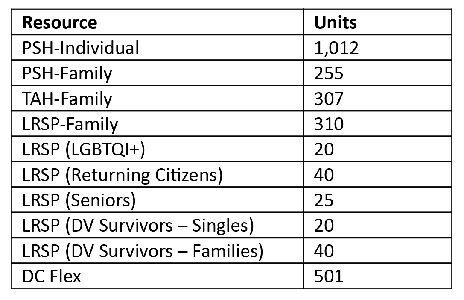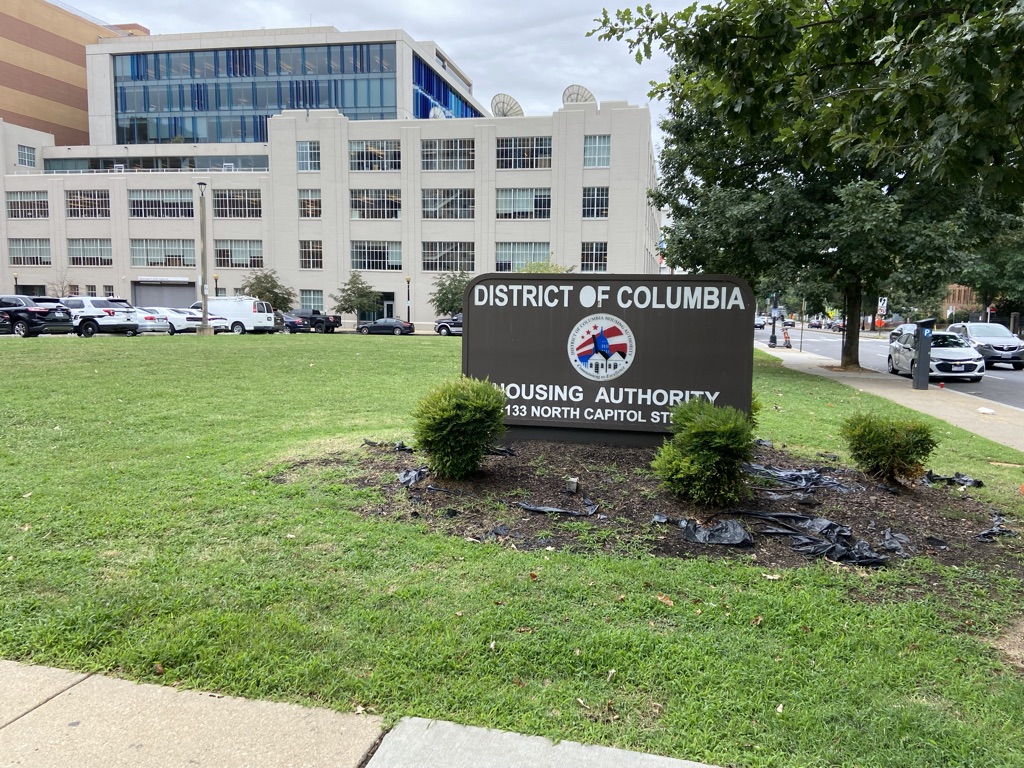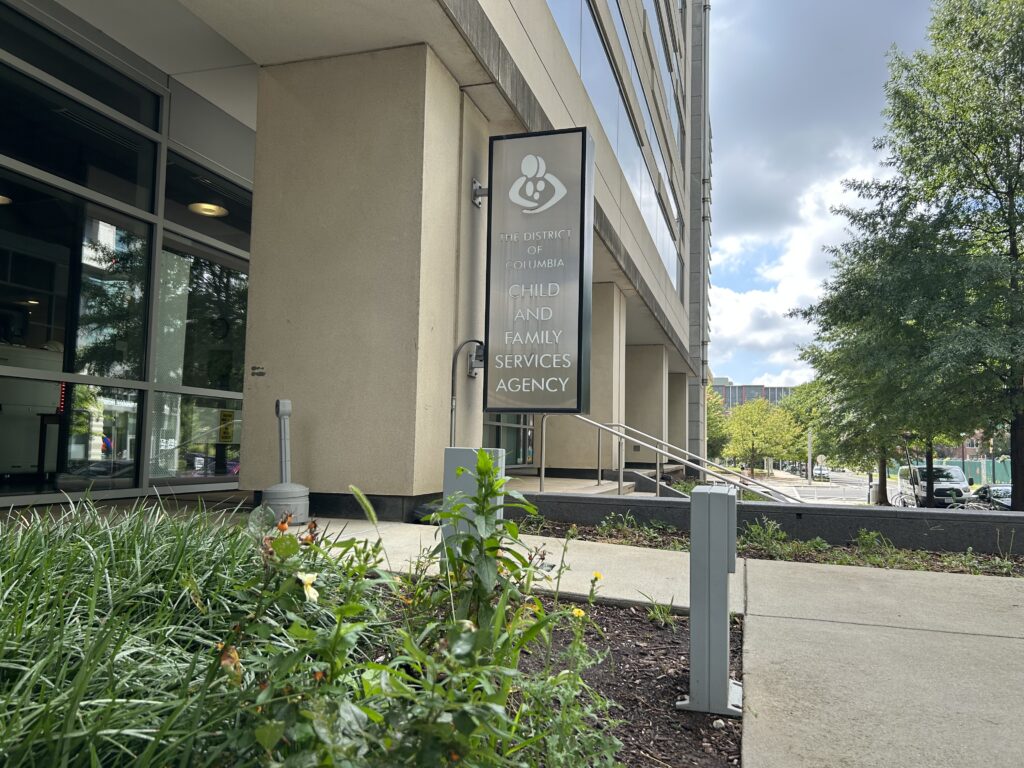Brittany Gillis is a single mother to six children. Her only income comes from Temporary Assistance for Needy Families (TANF) and the Supplemental Nutrition Assistance Program (SNAP), formerly known as food stamps. She has temporary housing assistance but can’t afford her rent without that support.
Gillis’s housing subsidy, through Family Rehousing and Stabilization Program — the family version of rapid rehousing (RRH) — was supposed to end “a long time ago” but was extended because of the pandemic, she said at a public meeting Nov. 10. Now, Gillis’s family is one of 384 who are set for termination from RRH without a permanent voucher, as DCist first reported, this coming March and April.
“Where will me and my children go? Back into a shelter? Why should we have to go backwards when there are other options for us now, and if I qualify for a permanent housing voucher as well?” Gillis said at the meeting held to discuss new housing investments in fiscal year 2022. “I believe we need more permanent vouchers for families such as myself so that we can pursue our education and career without living in fear.”
RRH typically provides temporary housing assistance for 12 to 18 months, but D.C. had paused terminations for time limits because of the pandemic. Now, advocates are criticizing the city for exiting families, especially while the future of the pandemic is uncertain.
Department of Human Services Chief of Staff David Ross said in a Dec. 3 email that 1,239 families have been in RRH for more than 18 months. Of those families, 587 will be connected to long-term housing vouchers, 268 will be connected to a flexible rental subsidy called D.C. Flex, and the 384 families set to be terminated are not eligible for those vouchers or subsidies but will exit the program with six months of rental assistance.
The investment in new permanent supportive housing and other long-term housing vouchers and subsidies amounts to $65 million, which will help house more than 2,400 residents experiencing homelessness or housing instability, Councilmember Brianne Nadeau (Ward 1) said during the Nov. 10 meeting. Between Oct. 1 and Dec. 1, the first two months of this fiscal year — 41 individuals and 38 families —79 households have been leased up with permanent supportive housing PSH, Ross said in an email.
The investment comes from a tax increase on households making more than $250,000 a year. It supports increasing the salaries of child care workers, creates a form of universal basic income for lower income households and a new program to improve mental health and child care services for D.C. families. The tax increase creates a long-term funding source as well as a budget floor for these social programs — and for housing for the first time — rather than just a one-off spending burst.
PSH is a housing subsidy without time limits that includes case management to connect families and individuals with supportive services. To be eligible, participants must have experienced homelessness and have a disability.
Zeilinger said during the meeting it’s too early to say if DHS would utilize all of its allocated funds for this fiscal year because it has never had to increase its workload so much in such a short time period. On top of that, there are limits to permanent supportive housing because the District has a very competitive housing market, said Rachel Pierre, DHS family services administrator. Since permanent supportive housing is funded at market rate, the District’s dollars can only go so far.
During the meeting, housing advocates and people who have experienced homelessness applauded the council’s investment in permanent supportive housing, but they criticized any further investment in rapid rehousing which they said don’t meet their intended purpose and put more strain on DHS.
“The theory [with rapid rehousing] is that the tenant will be provided with a subsidy for temporary housing for no more than 12 to 18 months, and as a result they will quickly be able to increase their income and pay 100% of their market-rate rent themselves,” said Matt Boucher, a senior staff attorney at the Legal Aid Society of D.C. “Unfortunately, this has never borne itself out in D.C.”
According to DHS documents, only 7% of families in rapid rehousing increased their income in fiscal year 2019, and only 9.3% did so in fiscal year 2020.
Advocates support expanding permanent supportive housing because it keeps families and individuals housed indefinitely rather than placing them in temporary programs only for them to end up in shelters or on the streets again.







